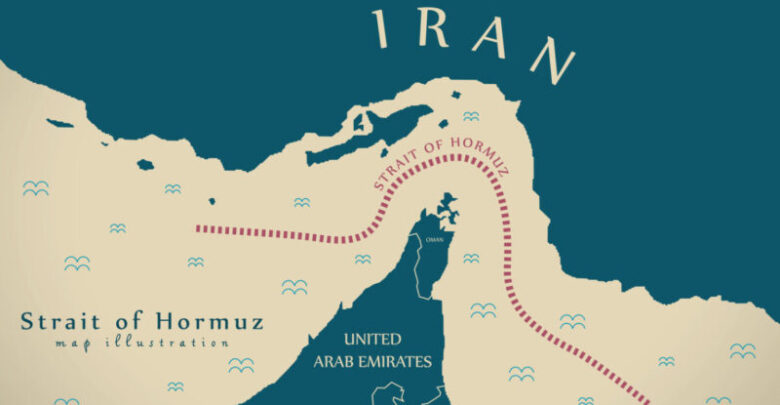
World NewsBusiness News
US urges China to stop Iran from closing Strait of Hormuz
The US government has urged China to use its influence to prevent Iran from closing the Strait of Hormuz, a vital maritime passage through which about 20 per cent of the world’s oil and gas shipments transit.
This appeal follows recent US airstrikes on Iranian nuclear facilities, which have escalated tensions in the Middle East.
US Secretary of State and National Security Adviser Marco Rubio urged Beijing to intervene, highlighting China’s heavy reliance on the strait for its energy imports.
Speaking on Fox News, Rubio warned that any Iranian attempt to block the strait would be a “grave mistake” and “economic suicide” for Tehran. He stressed that such a move would represent a significant escalation, prompting a strong response from the US and its allies, while inflicting greater economic harm on other nations than on the US itself.




